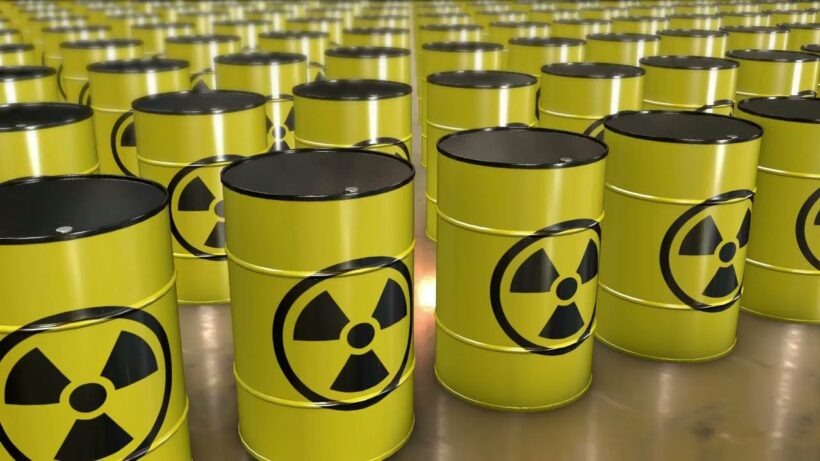According to the Japanese government’s plan, this Thursday the 24th, contaminated water from the nuclear accident in Fuskushima in 2011 will be released into the ocean. Japan assures that the water has been treated, but protests from different fronts are making themselves felt.
At the national level, environmental organisations and movements continue to protest, while representatives of the fishing industry have openly spoken out against the plan, preoccupied by the impact this action will have on the commercialisation of their products and, consequently, on the country’s economy. The authorities insist that the plan has been verified and approved by the International Atomic Energy Agency and emphatically assure that there will be no harm to the environment, species or human health. The experts in charge of water treatment claim that all radioactive elements have been removed, except for Tritium, as there is no technology to do so. However, they claim that the concentration of this substance is in no way risky.
The strongest international criticism has come from China and South Korea, neighbouring countries that have also protested and whose governments have openly expressed that this is an “arbitrary and wrong” decision and have requested Japan to “correct” it. Beijing has stated that “the ocean is the common property of all mankind” and promised to take “all necessary measures to safeguard the marine environment, food safety and public health”. In fact, China has already taken the first economic step by suspending food imports from ten Japanese cities.
The Japanese plan involves gradually dumping more than 1.3 million tonnes of water by 2050.






